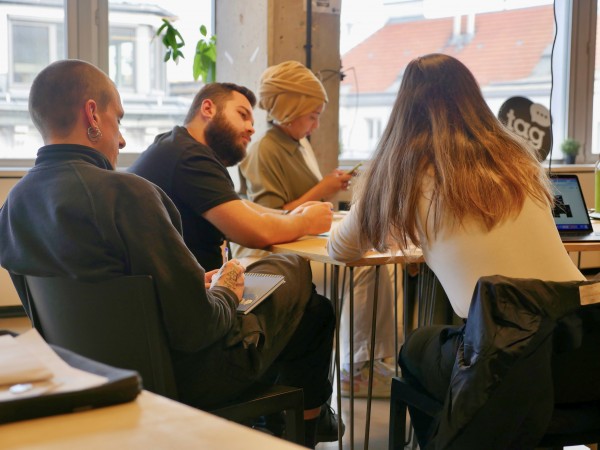The International Press Institute (IPI) observes with great concern the increase in regulatory initiatives of several European organisations. The various proposals put forward by these European bodies are almost always in contradiction with existing national press legislation. Because regulations passed by supra-national bodies should eventually be incorporated into national legislation, IPI protests most strongly against this flood of legal initiatives.
The Council of Europe is presently proposing a “Code of Ethics” for journalists, in which impractical recommendations, apparently drafted without any input from media organisations, appear. At the Human Dimension Seminar on Free Media, which was organised by the Conference on Security and Cooperation in Europe (CSCE) in Warsaw, Poland, from 2-5 November 1993, the head of the Delegation of Finland observed that the resolution and the recommendation are examples of a poorly prepared proposal. They seem to contradict not only Finland’s but all Western perceptions of what constitutes freedom of speech and a free press.
The European Parliament, the Council of Europe and various Commissions of the European Community are presently dealing with media questions. The Economic and Monetary Affairs Committee (EMAG), for example, is calling for the establishment of a media council. The Civil Liberties and International Affairs Committee of the European Parliament is examining new freedom of expression and press freedom regulations. The Legal Affairs Committee is occupied with “non-revelation of journalists sources”, while the Youth Culture and Media Committee is working in guidelines for the media, In addition, countless economic questions are under discussion (e.g., copyrights, VAT for newspapers and printed material, post regulations, social affairs and labour relations etc.)
Unfortunately, the European organisations have until now been unable to establish a satisfactory working-relationship with the international non-governmental organisations (INGOs). Drafting is first done at the political level, only then are the INGOs asked for comments. Since the international press organisations do no have the personnel or financial resources to effectively combat the problems arising on all fronts, IPI, representing over 2000 journalists and editors from leading newspapers, magazines, broadcasting organizations and news agencies in 68 countries, calls upon national organisations of journalists, publishers and broadcasters to defend themselves against these regulatory efforts and to urge their national political representatives in the European bodies to protests against such efforts. In the autumn of 1994, after the elections in the European Parliament, IPI will invite international and national media organisations to attend a conference at which new and more effective forms of cooperation with the European organisations will be sought.


